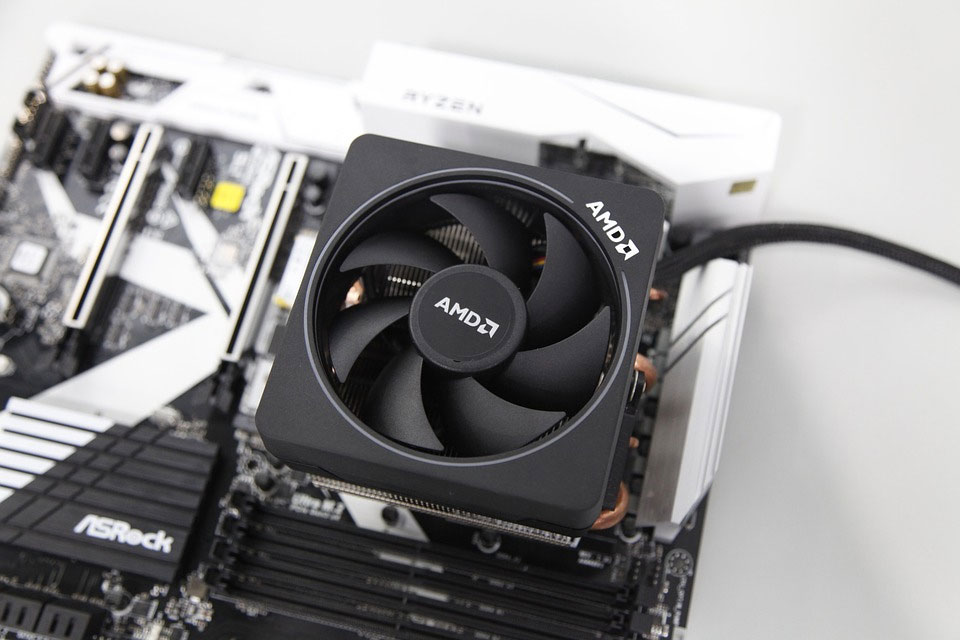Microsoft points finger at AMD for Spectre and Meltdown patches bricking some PCs
Playing the blame game.

Microsoft has temporarily stopped issuing Spectre and Meltdown updates to some AMD systems after users reported the patches were rendering their rigs unbootable.
Users took to Microsoft's support forums to vent their complaints. Those affected are all running older processors, such as the Athlon X2 6000+. Microsoft acknowledged the reports in a separate support page, but said AMD's documentation is ultimately to blame, rather than the patch code.
"Microsoft has received reports of some AMD devices getting into an unbootable state after installation of recent Windows operating system security updates. After investigating, Microsoft determined that some AMD chipsets do not conform to the documentation previously provided to Microsoft to develop the Windows operating system mitigations to protect against the chipset vulnerabilities known as Spectre and Meltdown," the company said.
To prevent bricking more systems, Microsoft is blocking certain AMD systems from receiving Windows OS updates, at least for the time being. Microsoft said it's working with AMD to resolve the issue and will resume doling out patches "as soon as possible."
In a statement to The Verge, AMD acknowledged the situation, but did not comment on where the fault lies or specify when exactly patches will be rolling out again.
"AMD is aware of an issue with some older generation processors following installation of a Microsoft security update that was published over the weekend," AMD said. "AMD and Microsoft have been working on an update to resolve the issue and expect it to begin rolling out again for those impacted shortly."
In related news, Microsoft and Intel both provided some updated information on the performance impact of patching systems to protect against Spectre and Meltdown. The short story is that Intel is claiming a 6 percent performance hit or less on 8th generation Core processors when paired with a solid state drive, while Microsoft says the performance impact is significant on Haswell and older CPUs. You can read more about it here.
Keep up to date with the most important stories and the best deals, as picked by the PC Gamer team.
Paul has been playing PC games and raking his knuckles on computer hardware since the Commodore 64. He does not have any tattoos, but thinks it would be cool to get one that reads LOAD"*",8,1. In his off time, he rides motorcycles and wrestles alligators (only one of those is true).


